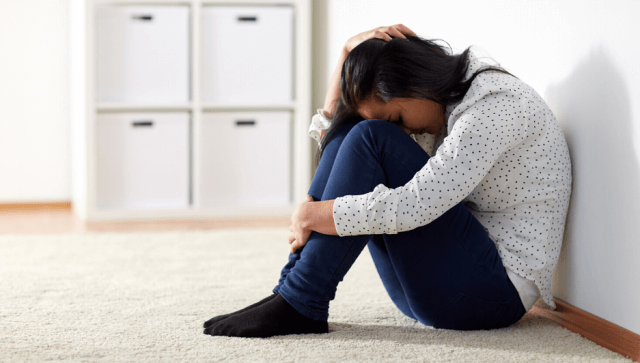Psychological violence is a painful and often silent reality. Its victims can be of any age, gender, and social class without distinction. This phenomenon makes no concessions, permeating various aspects of our lives: at home, work, and even friendships. However, in this article, I would like to highlight psychological violence that mainly affects women in the domestic environment.
Despite living in a modern society, this form of abuse is still taboo. Hidden in the shadows, it is invisible to the eye and leaves no noticeable physical marks. This makes reporting even more challenging since victims are often labelled fragile or accused of provoking the abuse.
What is psychological violence?
“Domestic violence represents any action or omission that harms the well-being, physical and psychological integrity, freedom, and the right to the full development of a family member” (SALIBA, 2007).
Psychological abuse is real, even though it leaves no visible marks. Its effects are profound, sometimes even more severe than physical injuries. Psychological abuse persists and deepens over time.
Activist Aisha Mirza expressed it powerfully: “It’s not the wounds on the body that hurt the most. It’s the scars on the heart and the wounds on the mind.”
The face of psychological violence
Psychological violence encompasses a range of behaviours, including humiliation, insults, verbal violence, oppressive silence, and cruel treatment. No one is immune to this abuse, even with mature women’s life experience.
This form of violence is hazardous due to its subtle nature. It leaves no visible marks but begins with minor criticisms, derogatory comments, and controlling behaviour that gradually undermines the victim’s self-esteem.
Who is the aggressor?
The aggressor in psychological violence does not fit the classic stereotype of a villain, maniac, or insane person. Often, it is someone who appears to be ordinary and even kind. However, when the relationship seems stable, this mask falls, and the person becomes someone entirely different.
Why doesn’t the victim realize the seriousness of the situation?
Often, the victim does not recognize the severity of the abuse in the early stages. She may consider the initial offensive behaviours isolated incidents, justifying the aggressor due to fatigue or stress.
Emotional attachment to the aggressor. The victim of psychological violence often maintains an emotional connection with the aggressor, admiring and respecting the person behind the abusive behaviour. The aggressor exploits this vulnerability, pretending to love to continue the cycle of abuse.
Why is it so hard to escape psychological violence?
Escaping psychological violence is challenging. Many victims feel responsible for the relationship’s failure due to the manipulations of the aggressor. There may also be financial obstacles, concerns about children, and hope that the aggressor will change.
Physical consequences of psychological violence
Psychological violence has real physical impacts, as the body and mind are intrinsically connected. Stress can cause physical symptoms such as headaches, heart issues, skin disorders, joint pain, and gastrointestinal disturbances.
How you can protect yourself
Protecting yourself from psychological violence during maturity is essential to preserve your mental and emotional health. One of the most effective strategies is setting clear boundaries in your relationships.
Learn to identify toxic behaviours and not be afraid to express what is acceptable and not in your life. Assertive communication plays a crucial role. Have open conversations about your feelings and expectations with your partner, family, and friends, creating a space where everyone feels heard and respected.
Moreover, trusting your instincts is crucial. If something doesn’t feel right in a relationship, or if you feel emotionally diminished, consider seeking help from a mental health professional or a support organization. Never underestimate the power of your intuition and the importance of maintaining healthy and respectful relationships in all phases of life.
The importance of self-esteem in resisting psychological violence
Self-esteem plays a fundamental role in resisting psychological violence, especially during menopause, when hormonal and emotional changes can make women more vulnerable to abuse.
Solid self-esteem and self-confidence are like armour that helps protect against the devastating impact of psychological violence. Healthy self-esteem allows you to recognize your worth, set boundaries, and refuse abusive treatment.
During maturity, taking time to care for yourself, practice self-care, and find activities that make you feel good about yourself can be helpful.
Additionally, seeking support from friends and mental health professionals can be a valuable tool for strengthening your self-esteem and ability to resist psychological violence.
Remember that you deserve respect, love, and care; your self-esteem is the key to maintaining healthy and empowering relationships during maturity.


